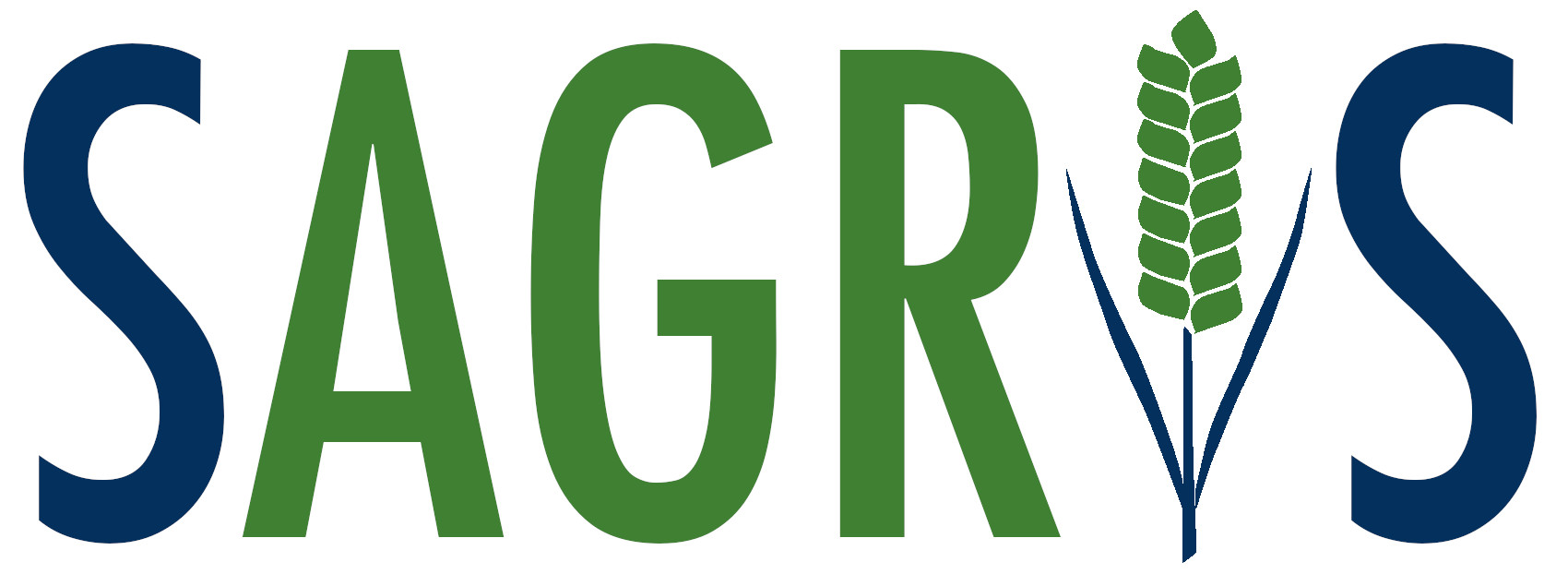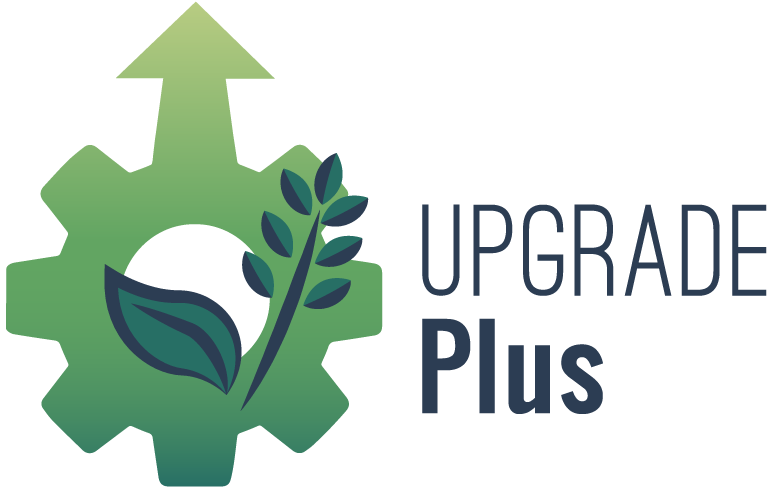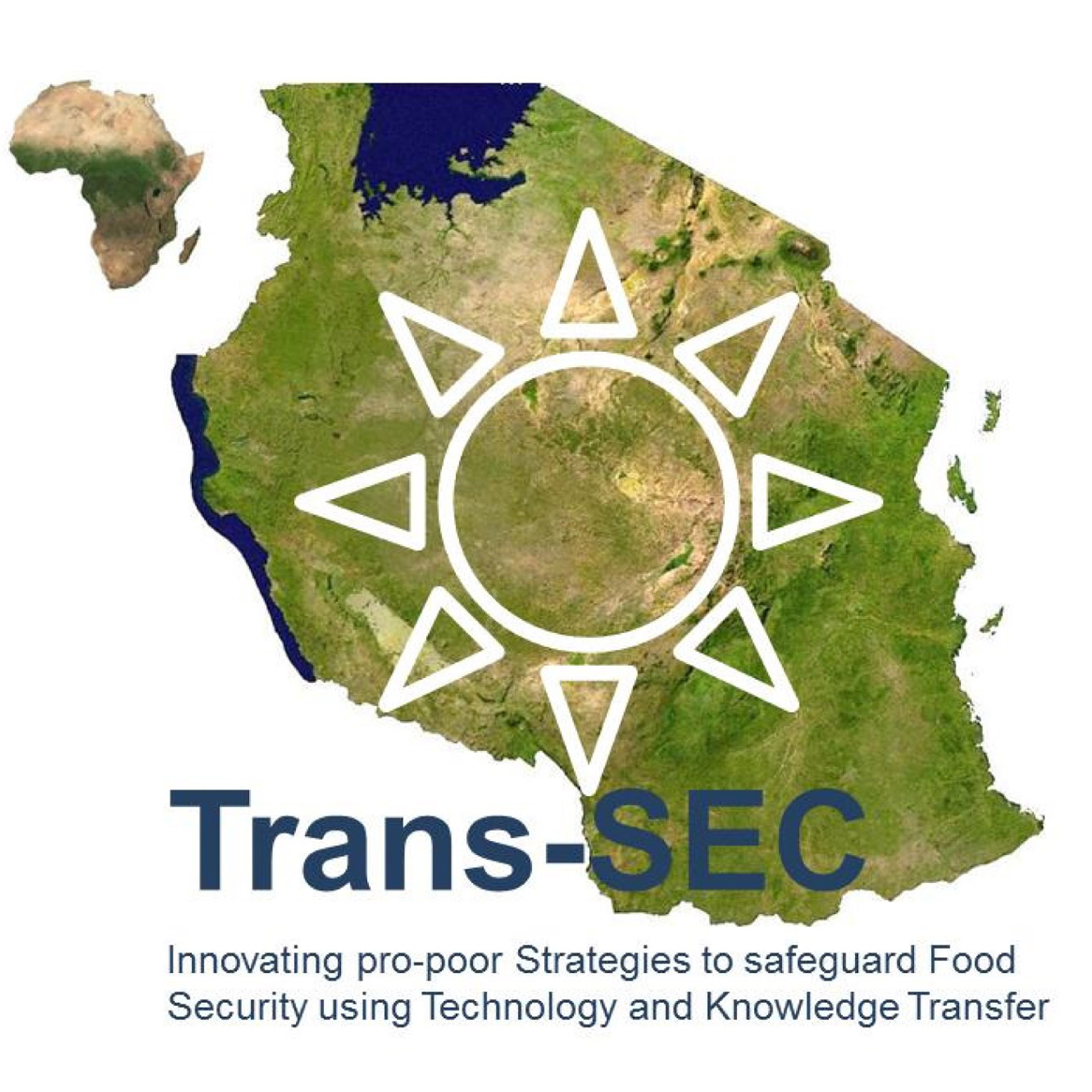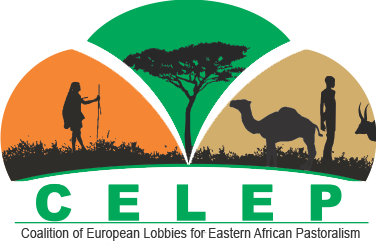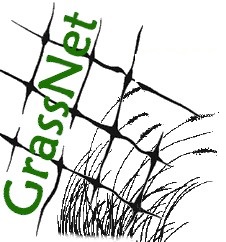Trans-SEC MSc Thesis Research: Ongoing and Completed Projects
MSc thesis by Maria Höhne 
Fieldwork conducted: January – April 2014
This study conducts a participatory ex-ante situation analysis, which aims to identify potential points of entry for innovations by investigating context specific demands, constraints and opportunities for the uptake of innovations from the farmer’s point of view. Issues of difference and underlying relations and logics of the context are revealed by recognizing different livelihood strategies and regional and socio-economic variations in resource endowment.
Field data collection was carried out from January until April 2014 in four case study sites in the Morogoro (semi-humid) and Dodoma (semi-arid) regions of Tanzania. Participatory methods combine livelihood analysis with a collective assessment of agricultural activities. Per village, approximately 100 people participated in 14 group sessions using livelihood illustration and charting, net maps and problem trees, as tools in groups segregated by gender. Resource maps and seasonal calendars were developed with mixed groups.
Results show that livelihood in all CSS is centered on agricultural activities on small holder farms, which is the major source of both food and income. Other income opportunities are limited and restricted to some wealthier families. This lack of diversification leads to increased vulnerability. Especially affected by environmental volatilities are low to medium income farmers, as they lack the means to influence production conditions.
The study concludes that innovations need to target connected problems along the crop-value chain for low to medium income farmers. Potential entry points should focus on: addressing resource limitations, addressing current reasons for losses and optimization of marketing. Given resource limitations, potential innovations can neither be capital nor labour demanding and should generate straight-forward benefits to the farmer. Innovations should focus on solving resource limitations by finding connected solutions that build on each other and tackle problems along the value chain in support of the whole farming system. An actor oriented approach for the development of innovation strategies is recommended.
MSc thesis by Raúl Fernández
Fieldwork conducted: February – May 2015
Title: Factors affecting the functioning of farmer groups: perspectives from three farmer groups in Tanzania
This research aims to reveal farmers’ own perceptions of factors that affect the functioning of farmer groups in their specific locality. Furthermore, the researcher aimed to identify disincentives to joining groups and circumstances surrounding farmers’ group development in their locale.
The study took place in the Trans-SEC case study site villages. Ten days were spent with each collaborating group and activities included creation of a ‘group history’ and a self-assessment. A participatory timeline method covered key questions relating to how the group started, what motivated different members to join the group, and perceptions about what makes the particular group more or less functional. Group members outlined their own criteria for assessing group functionality. Additionally, semi-structured interviews and focus discussion groups with group members, non-members and key informants were conducted. Social capital factors such as trust, unity or altruism received a particular focus throughout the research and furthermore, the research aims to establish how social factors interplay with financial, human, natural or physical related types of capital.
Participatory Video and other Participatory Rural Appraisal methods fostered a critical engagement with participants and facilitated group planning of future actions to be carried in the frame of the Trans-SEC project.
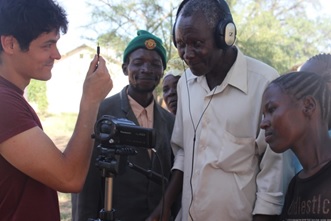
MSc thesis by Kerstin Schulz
Fieldwork conducted: January – April 2015
Title: Participatory Scenario Building to assess possible implications of gender and socio-cultural factors for innovation uptake decisions in Tanzanian small-farming communities
This research involves facilitation of a Participatory Scenario Building process, including role-play activities, to collaboratively assess the potential risks and outcomes of various innovations, with a focus on highlighting gendered and socially-differentiated perspectives. The thesis (1) builds on existing secondary data to characterise gendered and socio-cultural patterns of difference in the four Trans-SEC case study sites, (2) highlights how key socio-cultural factors influence farmers’ perspectives on innovations and uptake decisions, in relation to their differential capitals and capabilities, and (3) assesses role play as a tool for expressing social issues around innovation uptake.
Ten days were spent with each collaborating group and the Participatory Scenario Building process involved mapping of capitals (resources), problem and solution trees, envisioning activities and the creation of ‘innovation road journeys’ (identifying actions, risks, boundary partners and outcomes). Role play sessions were conducted in relation to perceived risks and outcomes of different innovations. Social factors were identified and characterized by the farmer groups, and activities carried out in strategic sub-groups to highlight the social differences in perspective. To put into context farmers’ decisions around innovation uptake, discussions on how social factors affect the everyday life of participants took place. Additionally, informal interviews with group members and key informants were conducted. As a culmination of the workshop activities, group-specific innovations were proposed by group members and the most promising were self-selected for implementation.
Participatory Scenario Building and Role Play fostered a critical engagement with participants and facilitated group planning of future actions to be carried in the frame of the Trans-SEC project.
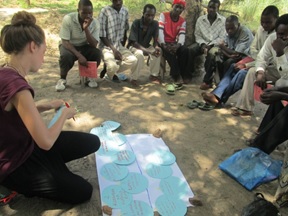
MSc thesis by Pramila Thapa
Fieldwork conducted: August – November 2015
Title: Processes, outcomes and social sensitivity of Participatory Monitoring and Evaluation systems: collaboration with four farmer innovation groups in Tanzania
| This Participatory Action Research study aims to reveal farmers’ own perceptions of social factors that affect the effective functioning and social inclusiveness of Participatory Monitoring and Evaluation (PM&E) activities as part of group innovation processes. |  |
|
| Between August and November 2015, at least two weeks were spent in each of the four Trans-SEC case study sites, working with a collaborating farmer group in each village. Activities included facilitation of the development of an innovation and group-specific ‘PM&E system’ and a group-assessment of this system following implementation. Semi-structured interviews and focus discussion groups with PM&E team members were conducted. | ||
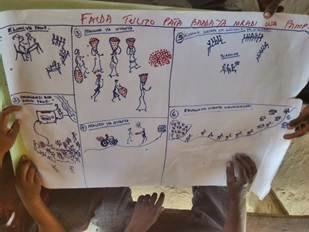 |
Initial key questions related to the (expected) achievements/outcomes of the innovation and PM&E process. Group members recalled their project action plans and reflected on changes made to it, if any. Social factors such as age, gender and education received a particular focus throughout the research, which aims to assess how PM&E processes could be made more sensitive and inclusive of social differences within farmer groups. As a result of this process, each group implemented a self-defined PM&E system. |
|
Later PM&E activities included SWOT analysis, Cost-Benefit Analysis, group discussions and feedback sessions. Additionally, Most Significant Change (MSC) workshops encouraged sharing of lessons learned through the innovation and PM&E processes. Publication: Participatory Monitoring and Evaluation: a tool for making farmer groups function better (in Appropriate Technology 44:4 43-45) |
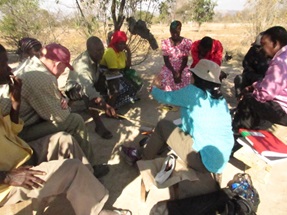 |
|
MSc thesis by Esther Mieves
Fieldwork: February – March 2016
Title: The relation of socio-cultural factors to innovation outcomes in four Tanzanian villages
This MSc research focuses on identifying and analysing how socio-cultural factors (eg. gender, age, status, education) are implicated in farmers' experience of the Trans-SEC innovation processes. The research aims to reveal how and to what extent socio-cultural factors influence the outcomes of different innovations, for different farmers.
Up to 10 innovation (farmer) groups, implementing different upgrading strategies across the Trans-SEC case study sites will be engaged in this study. Semi-structured interviews and focus group sessions are planned, supporting Most Significant Change workshops with selected participants. These workshops will generate 'stories of change' or personal testimonies about experiences of the different innovation processes and outcomes. Afterwards, feedback sessions will be conducted with members of each of the different innovation groups, to validate and elaborate on preliminary results, and to provide a platform for sharing knowledge. This process will lead to a collaborative assessment of how the innovation processes are influenced by multiple socio-cultural factors and how different social groups experience their innovations differently. The collected (qualitative) data will be coded and analysed, and compared with data collected by Trans-SEC through group and household monitoring surveys.
Critically, the results of this study will guide strategies for enhancing social inclusion and pro-poor innovation processes.
Active learning opportunities for CBO members: Participatory Monitoring and Evaluation System (PM&E)

In 2011, a participatory monitoring and evaluation (PM&E) system was installed in the CBOs in Mozambique. The objective of the development and implementation of a PM&E system was to increase the active-learning possibilities of the CBO members for improving their livelihood strategies and the sustainability of the system (Restrepo, 2011).

For the goat keeping activity, a set of indicators for monitoring and evaluation was developed with the group members of Mabomo. After the development and implementation of the PM&E, the monitoring and evaluation system was institutionalized in the CBO. The CBO members took over the PM&E process, continued collecting and analyzing information by themselves, and developed a monitoring scheme for the pig rearing activity (Restrepo, 2011).

The PM&E system permitted the CBO members to learn (Restrepo, 2011)
(1) From the PM&E process:
Group members gained experience in the iterative cycles of exploration, analysis, decision making, action and reflection. This learning finally led to empowerment of the group members. In the CBOs, learning from the process can be seen by:
- Enhanced and fortified skills of CBO members to plan, implement, and follow a PM&E system (single-loop learning)
- Awareness of the importance of meetings and decision-making process, which in turn enhanced transparency and accountability (single-loop learning)
- Improvement in management skills (single-loop learning)
- Awareness of the importance of collective action (single-loop learning) and a change in the CBO governance to plan and implement collective action (triple-loop learning)
- Awareness of the importance of having plans (single-loop learning) and collectively establishing and implementing plans so that all members benefit (triple-loop learning)
- Establishing and implementing activities with short-term and long-term benefits (triple-loop learning) to maintain motivation among members.
(2) From the PM&E findings:
About the outcome of the community-based activities implemented in the frame of the project, allowing the identification of possible improvement options
- Systematization, analysis and reflection of innovative livestock management practices, which enhances the construction of new contextualized knowledge (second-loop learning)
Some comments from the CBO members are:
- “In the CBO we can join our ideas and we can learn things that would be difficult to learn alone. So we are using the CBO to learn together.” (Eduardo)
- “I have learnt that together we can make great things that can't be done by one person individually. For example, because we are a CBO we were able to have money, but alone, we will not have been able to have the money.” (Frazao)
- “ The PM&E system has good information, because form it we can control the activity and to be aware if something is not working right to improve it.” (Andre)
- “We learnt to do thing in practice and in thinking. We have been planning and doing and that’s the most important thing I have learnt.” (Maria)
- “I learned about pigs, because before I didn't knew that they could be keep in corrals. I think here in the village everyone is going to learn about this, and they are going to be admired.” (Cristina)

The PM&E system promoted learning among and empowerment of the CBO members, which in turn created opportunities for consensus building, collective decision-making and action. At the same time, the PM&E process introduced a motivational aspect that acted as a positive feedback to community-based activities. It motivated the community to continue with their activities and the PM&E system itself. The collection and dissemination of the PM&E information within the CBO and also between the CBOs, e.g. during the member-to-member exchange (Levy 2011) strengthened the decision-making processes, which in turn enhances community-based activities in the villages, showing that group members were facilitated to enter a learning cycle.
The implementation of promising strategies in a CBO supported moving from single to double and triple-loop learning, which proved to be important in increasing the adaptive capacity in a continued process of learning and development (Restrepo, 2011).
Restrepo, M. (2011). Assessment of community based activities through the implementation of a participatory monitoring and evaluation system. Master thesis. University of Goettingen and University of Kassel, conducted in the German Institute of Tropical and Subtropical Agriculture (DITSL, Witzenhausen)
Mutual learning of livestock keepers and scientists for adaptation to climate change in pastoral areas
(Small grant founded by BMZ)
Project partners:
- German Institute for Tropical and Subtropical Agriculture (DITSL),
Witzenhausen, Germany (PD Dr. B. Kaufmann, Dr. C. Hülsebusch) - Kenya agricultural research Institute (KARI), Nairobi, Kenya (Dr. S. Kuria)
- International Livestock Research Institute (ILRI), Nairobi, Kenya (Dr. O. Mwai)
Project duration: April 2010 to December 2012, total budget: 60 000 Euro
Background:
With increasing climate variability livestock keeper strategies to adapt to variations become of predominant importance. Since pastoral production systems are complex and characterized by a high temporal and spatial variability, local innovations are supposed to be better adapted to the prevailing conditions. Knowledge about local innovations in pastoral livestock management is however scarce. In recent years, farmer to farmer exchange has been identified as a promising approach to facilitate learning of farmers to improve their production and livelihood systems.
Purpose:
The purpose of the project is to enhance adaptation to climate variability through effective knowledge sharing processes in vulnerable ecosystems of the arid and semi arid lands (ASALs) of Kenya. This involves development and adaptation of methods that render mutual learning between livestock keepers and scientist more effective.
Outputs:
- Methodology of livestock keepers to livestock keepers’ knowledge sharing, relevant to buffering against climate change in pastoral production systems adapted.
- Effective tools for documentation, reflection and scientific use of the knowledge exchange process developed.
- Decision making process of pastoralists about adoption of innovations analysed using cybernetic knowledge analysis.
- Methods published and shared with stakeholders of Non Governmental Organisations (NGO’s) and research institutions.
Methodology:
The focus of the project lies on enhancing livestock keepers and scientists learning on buffering strategies to climate variability based on knowledge generated during farmer-interactive extension. Facilitation of information exchange tools will be borrowed from both Participatory Learning and Action Research and systemic management. Capturing and sharing the knowledge gained thus requires reflection after the exchange sessions. Reflection will therefore be introduced as a systematic component into the livestock keepers’ exchange methodology. Results of the reflection process will enable:
- livestock keepers to discuss and share the knowledge they gained in the exchange process, also for better understanding and internalization of adaptive strategies,
- scientists to generate data to get in-depth understanding of the perspective of the livestock keepers, including their rules that they base their actions on.
Preliminary results:
During five months field work in Marsabit District finally five local innovations were documented and pastoralist to pastoralist exchange meetings were organised to discuss their feasibility. One of them was the formation of pastoral marketing groups which finally led to the foundation of a biweekly market in Ilaut (see pictures).
Final manual on Identifying local innovations in pastoral areas in Marsabit County, Kenya
Ilaut market: Livestock keeper groups jointly organised a biweekly livestock market in Ilaut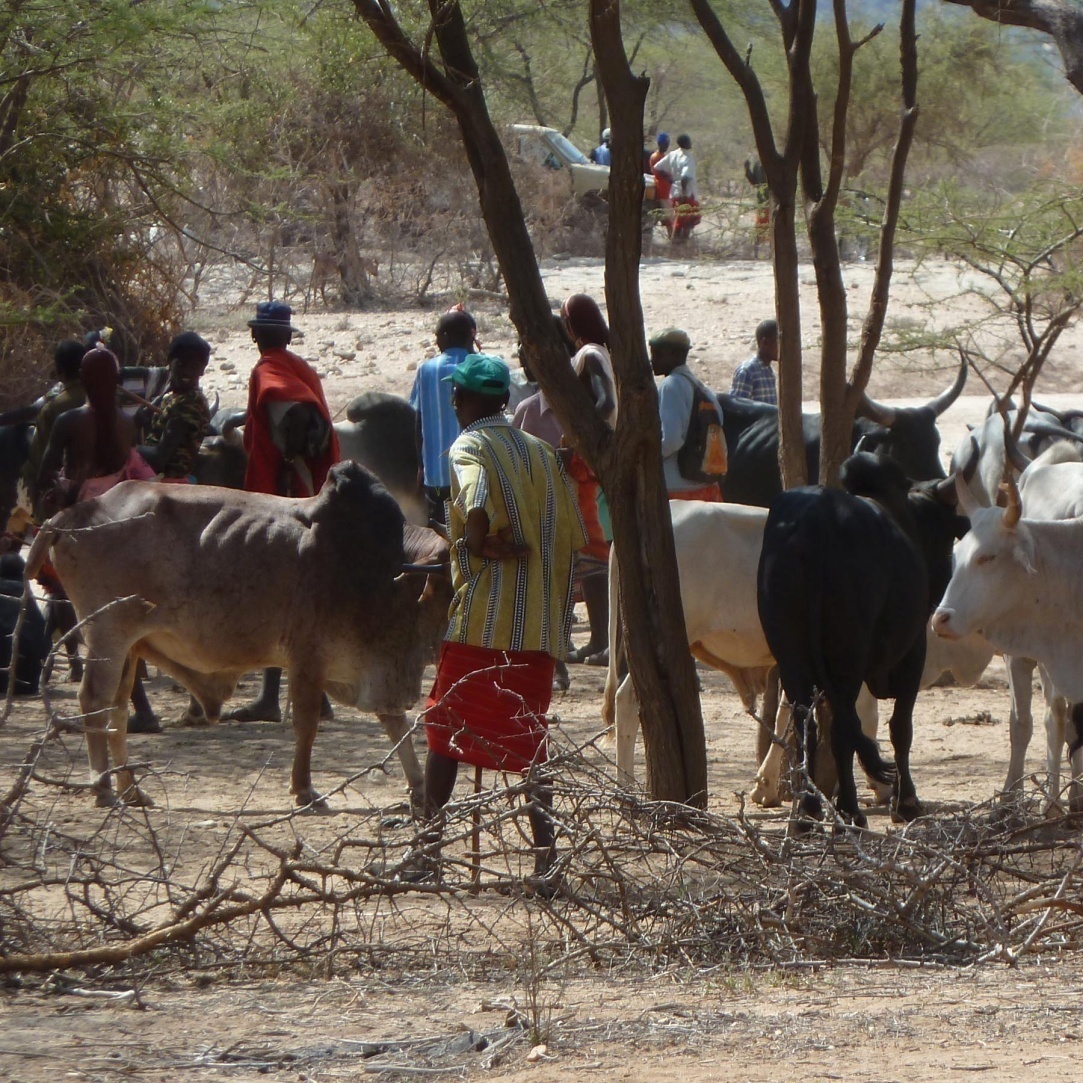
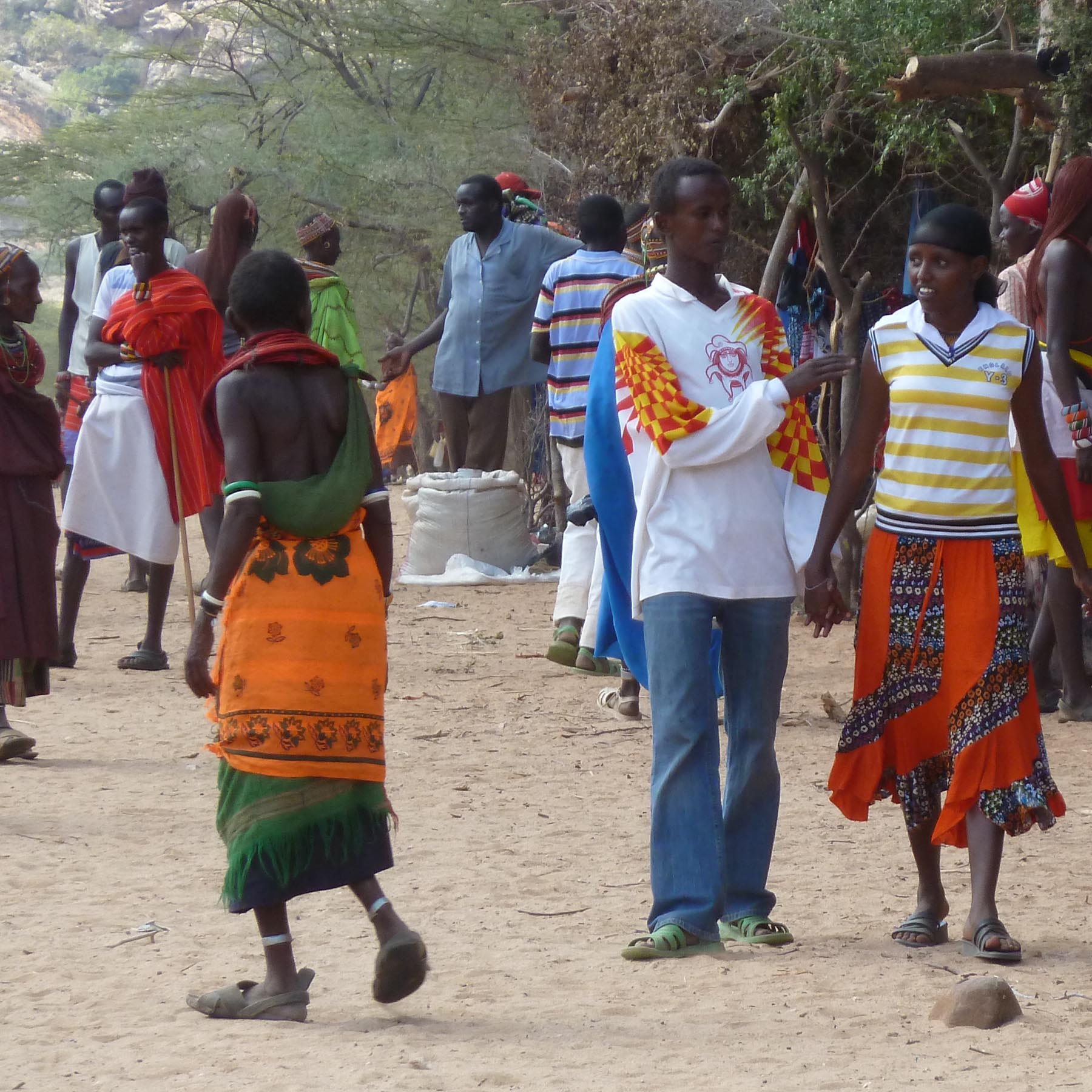
Fieldwork was conducted by:
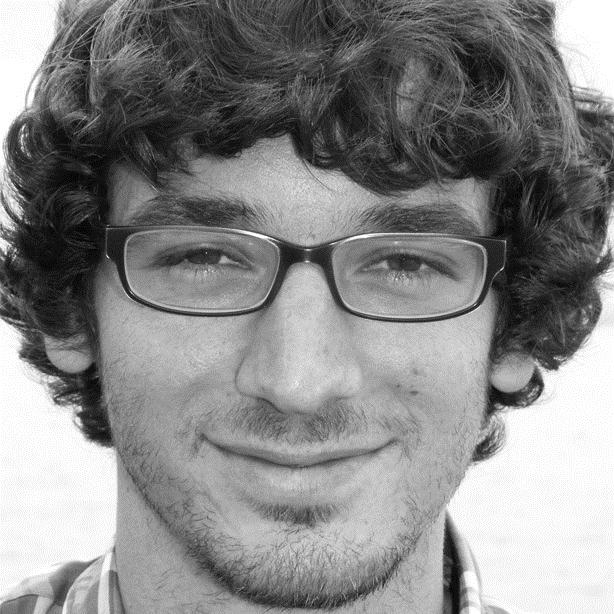
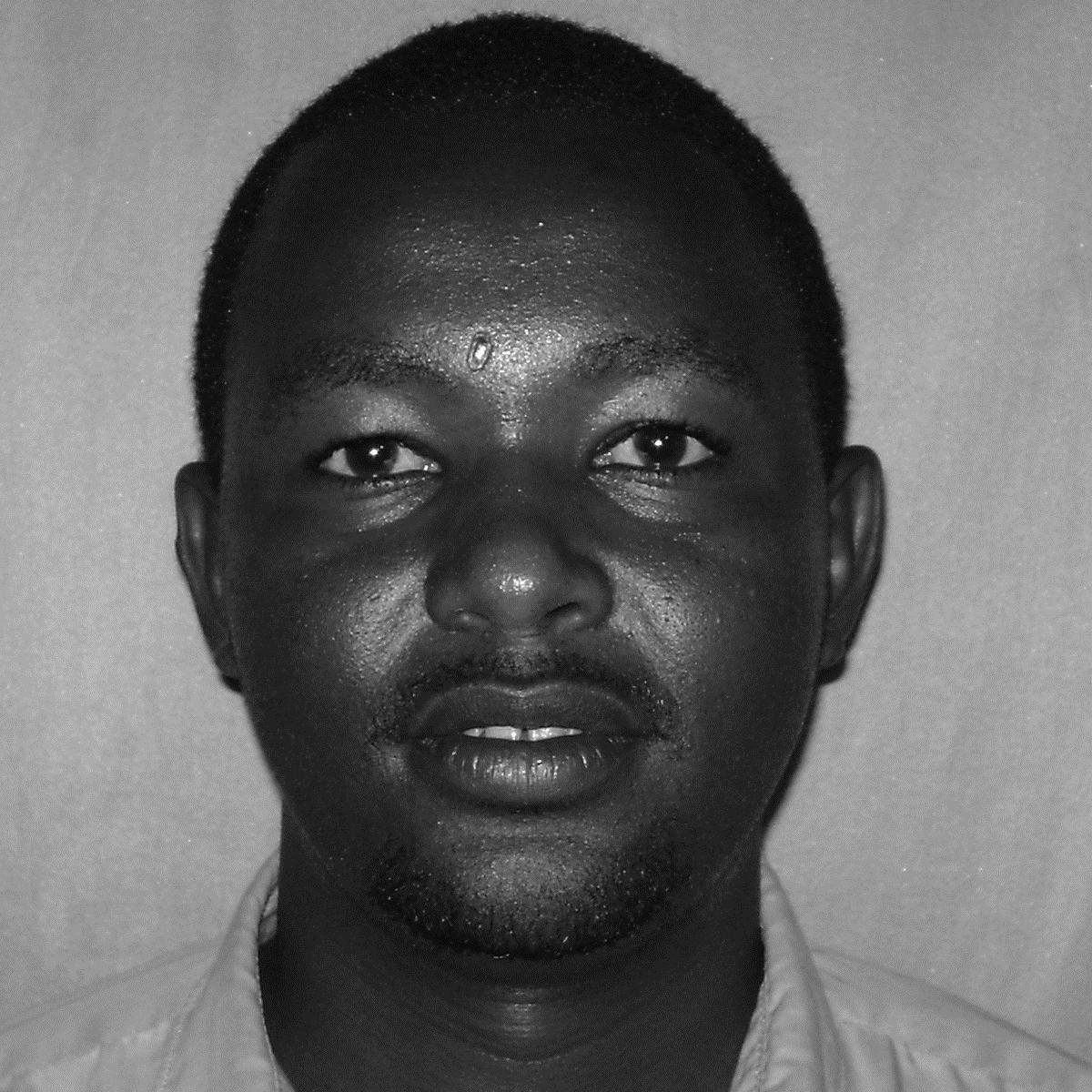

William Nelson Vince Canger David Golicha Raphael Gudere
| William Nelson | Idenfication of local innovations in Marsabit county |
| Vince Canger | MSc Study: Pastoralists' evaluation of local innovations: Analysis of pastoralist-to-pastoralist exchange sessions to determine adoption factors |
| David Golicha | Pastoralist to pastoralist exchange sessions |
MSc and BSc research topic announcement
MSc
BSc
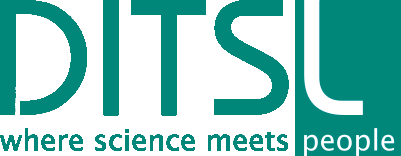
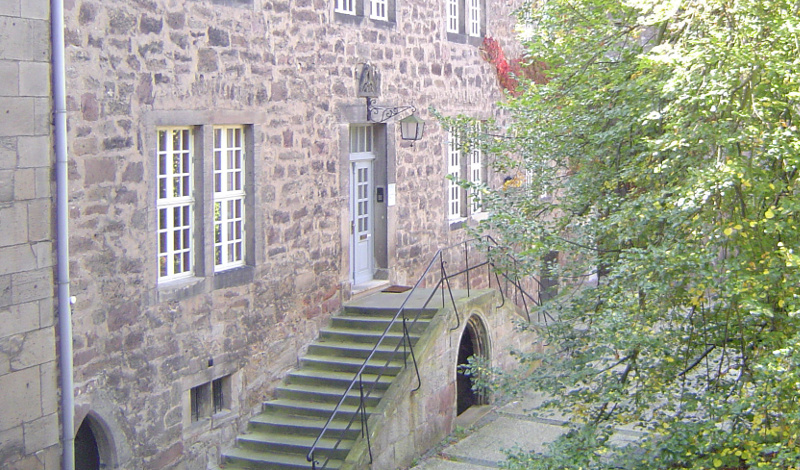




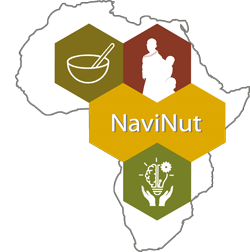 NaviNut
NaviNut